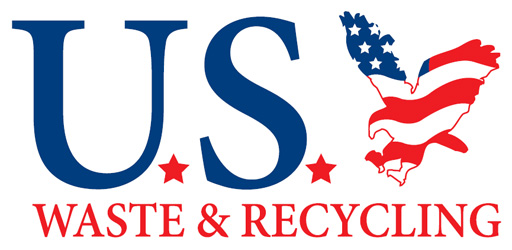Tips for Launching a Food Recycling Program
While you may be familiar with the process of recycling paper, plastic, and metal items, you may be surprised to learn that food waste can also be recycled. In fact, food waste recycling serving Atlanta is helping many businesses cut down on their total waste, while also providing valuable compost to local farmers. If your company handles food on a daily basis, consider setting up recycling bins to handle your extra food scraps and waste. Here is a look at some essential tips that will help you to launch a food recycling program for your business.
Learn About What Types of Foods Can Be Recycled
The food recycling process only works with certain items. Before you launch a food recycling program for your business, make sure to read up on what types of foods can be placed in your recycling bin, and which types must be thrown in the trash. Some examples of foods that can be recycled include fruit, vegetables, and baked goods. Meat and fish, by contrast, cannot be recycled.
Conduct a Thorough Waste Audit
Before you start recycling food at your facility, you will need to provide your recycling company with a thorough waste audit for your business. During your waste audit, you will take note of the types of waste that are typically generated throughout your workday, as well as the total volume of waste that you end up tossing at the end of each shift. Your waste audit will help your recyclers determine the proper size for your food waste recycling bins.
Consider Your Overall Cost Benefits
In addition to helping promote local farmers, food waste recycling can also provide great cost savings for your business. Your company may be paying a monthly rate to dispose of food waste and other trash at the landfill. By diverting much of your food waste to a recycling program, you will be able to cut down on your waste disposal costs significantly.
